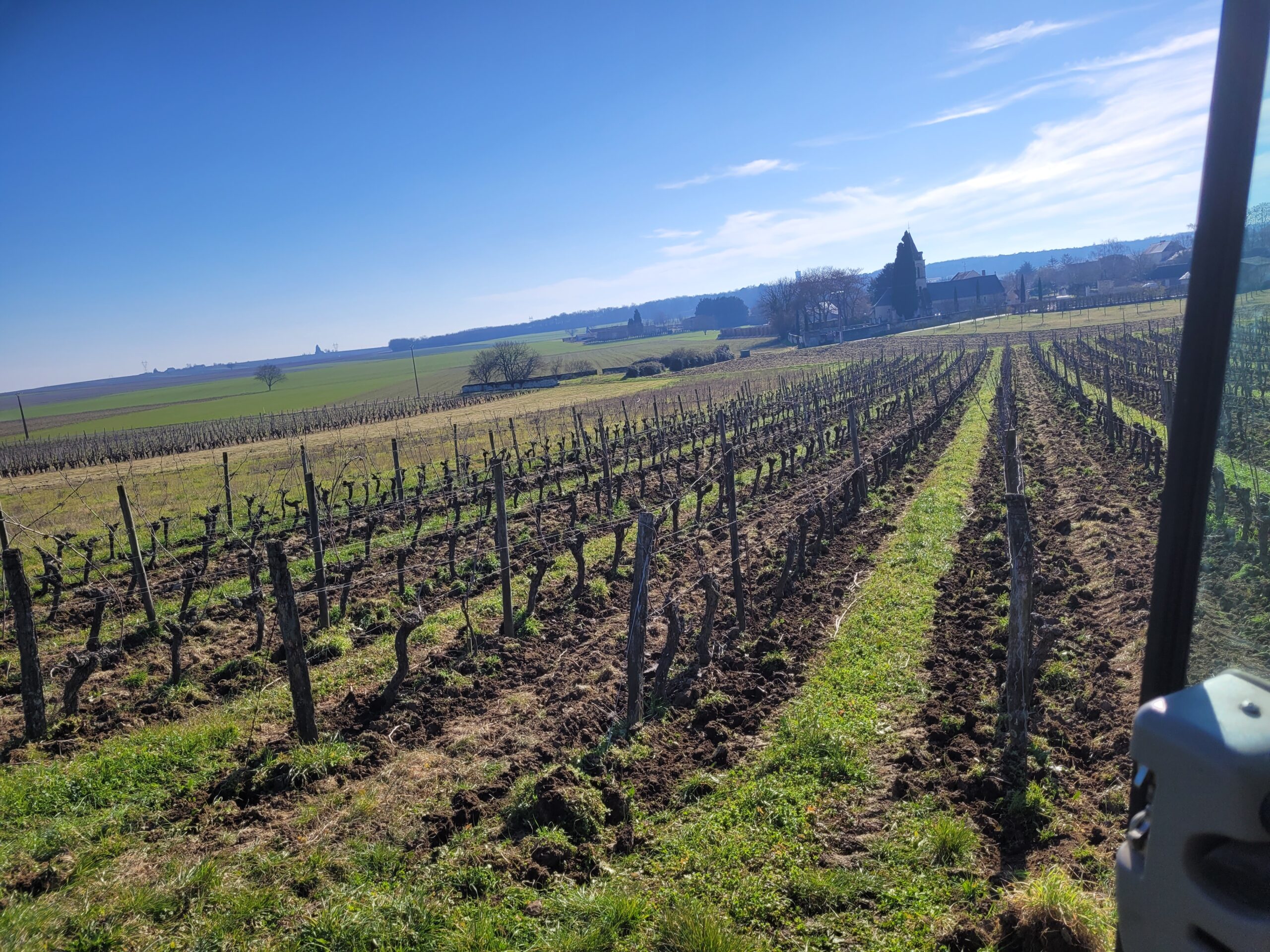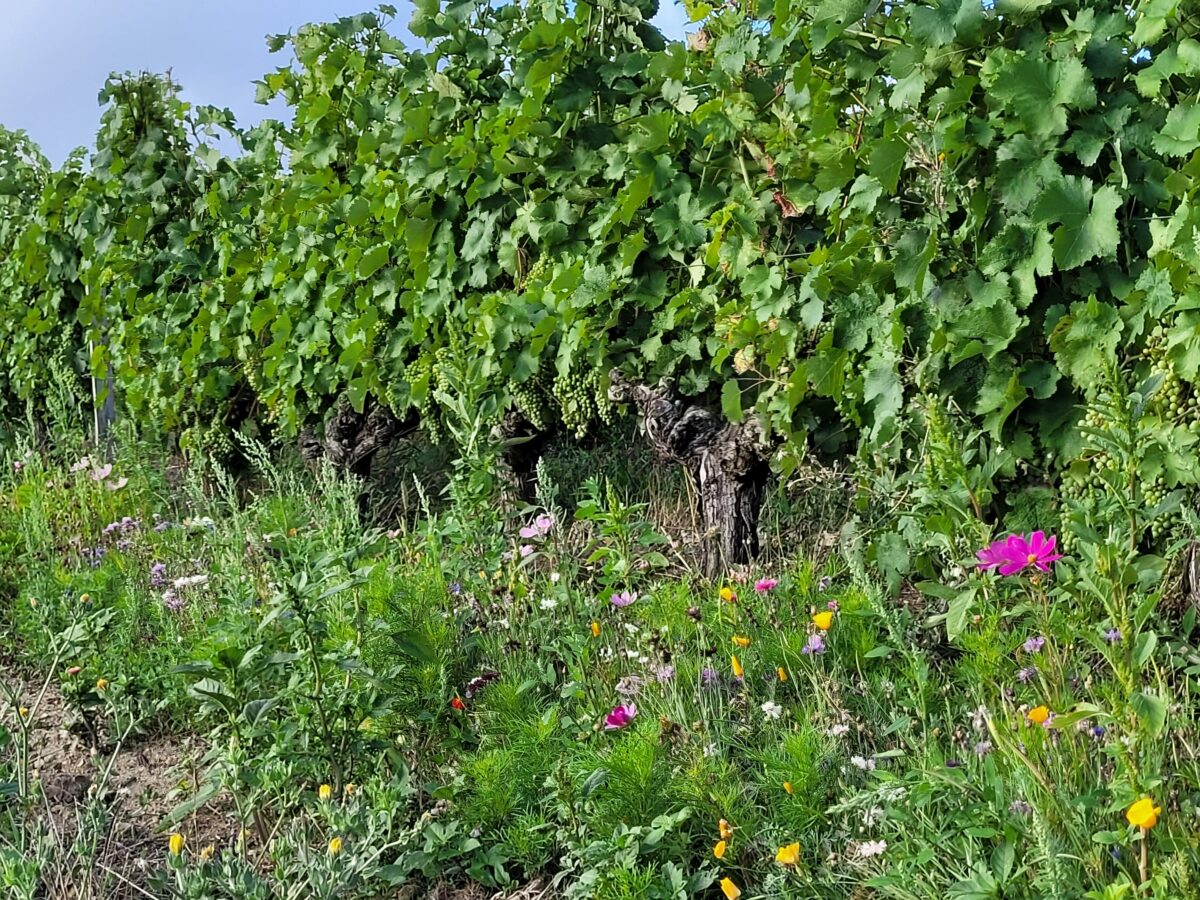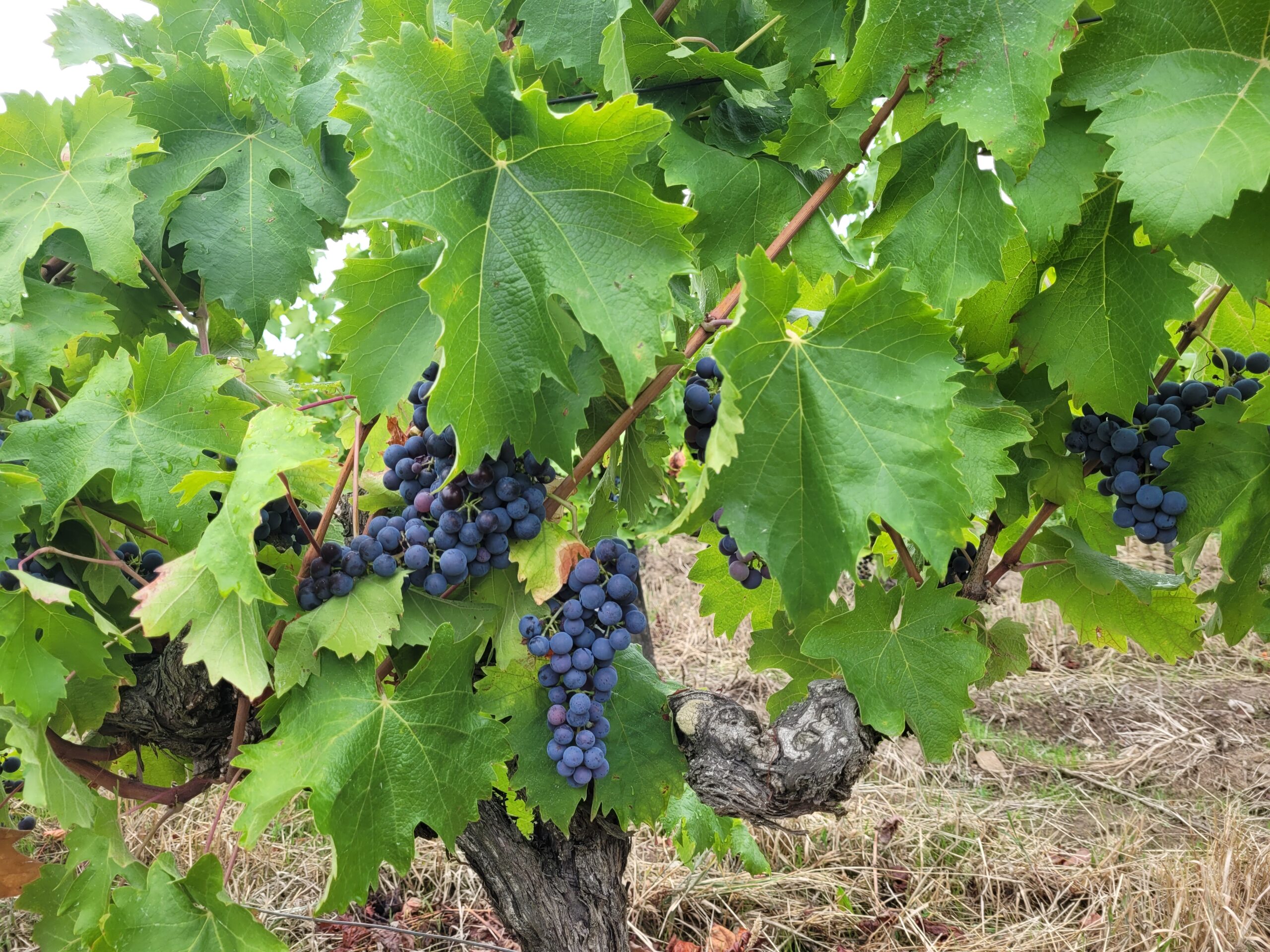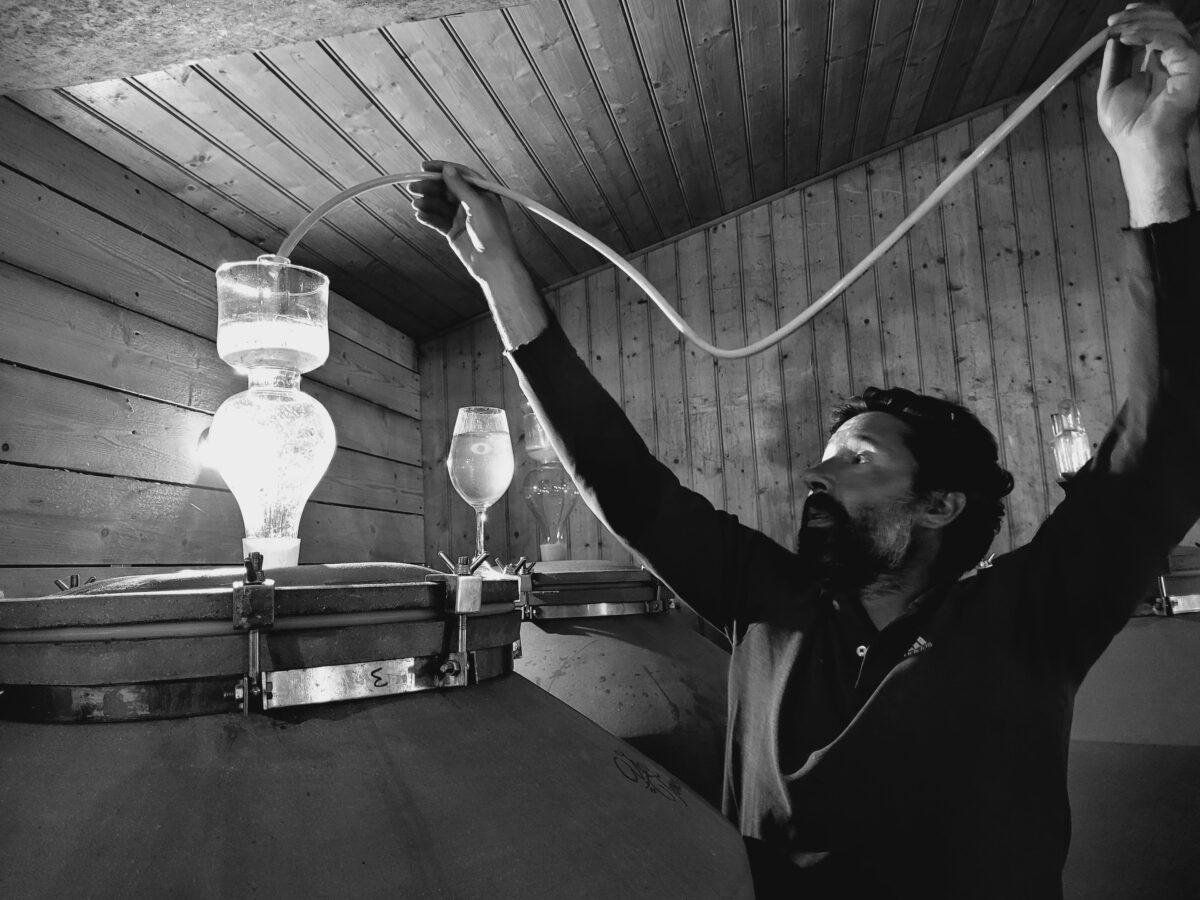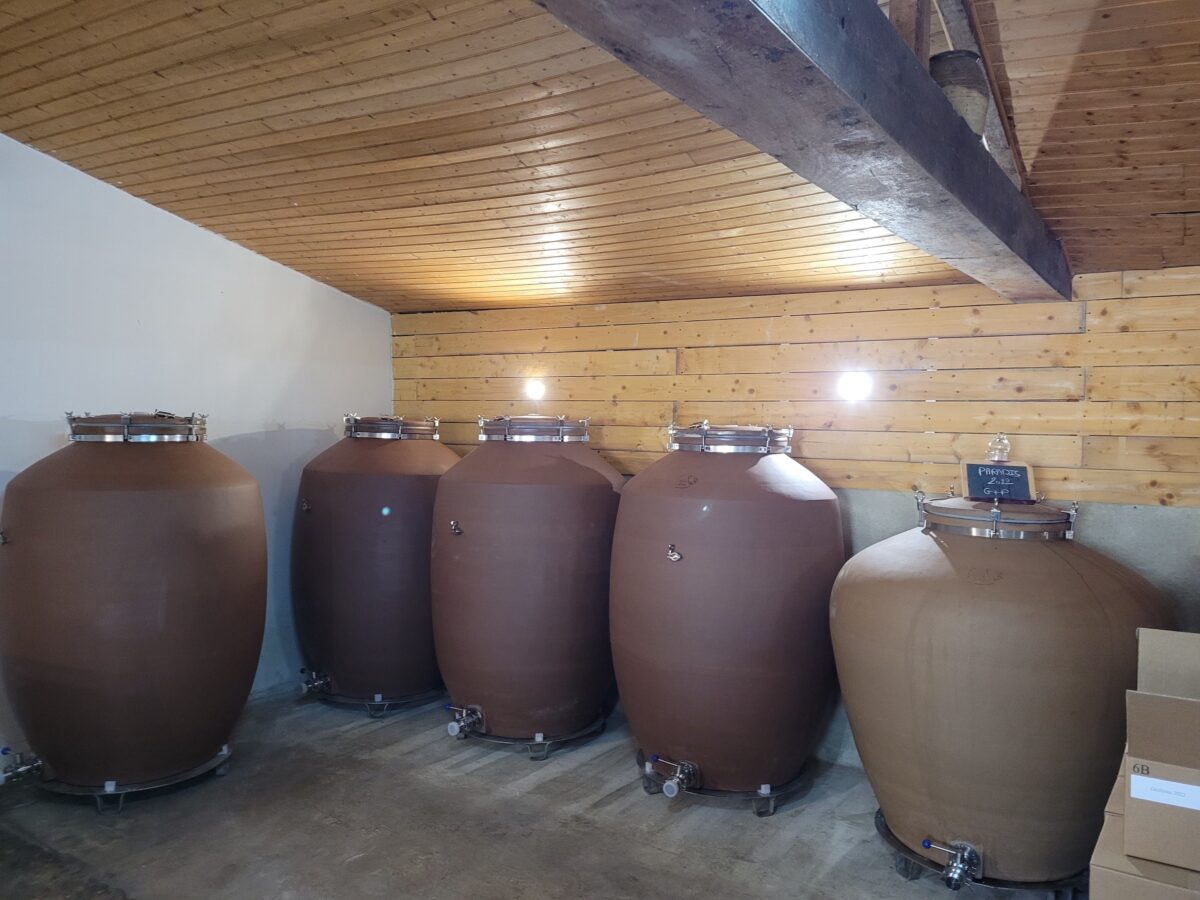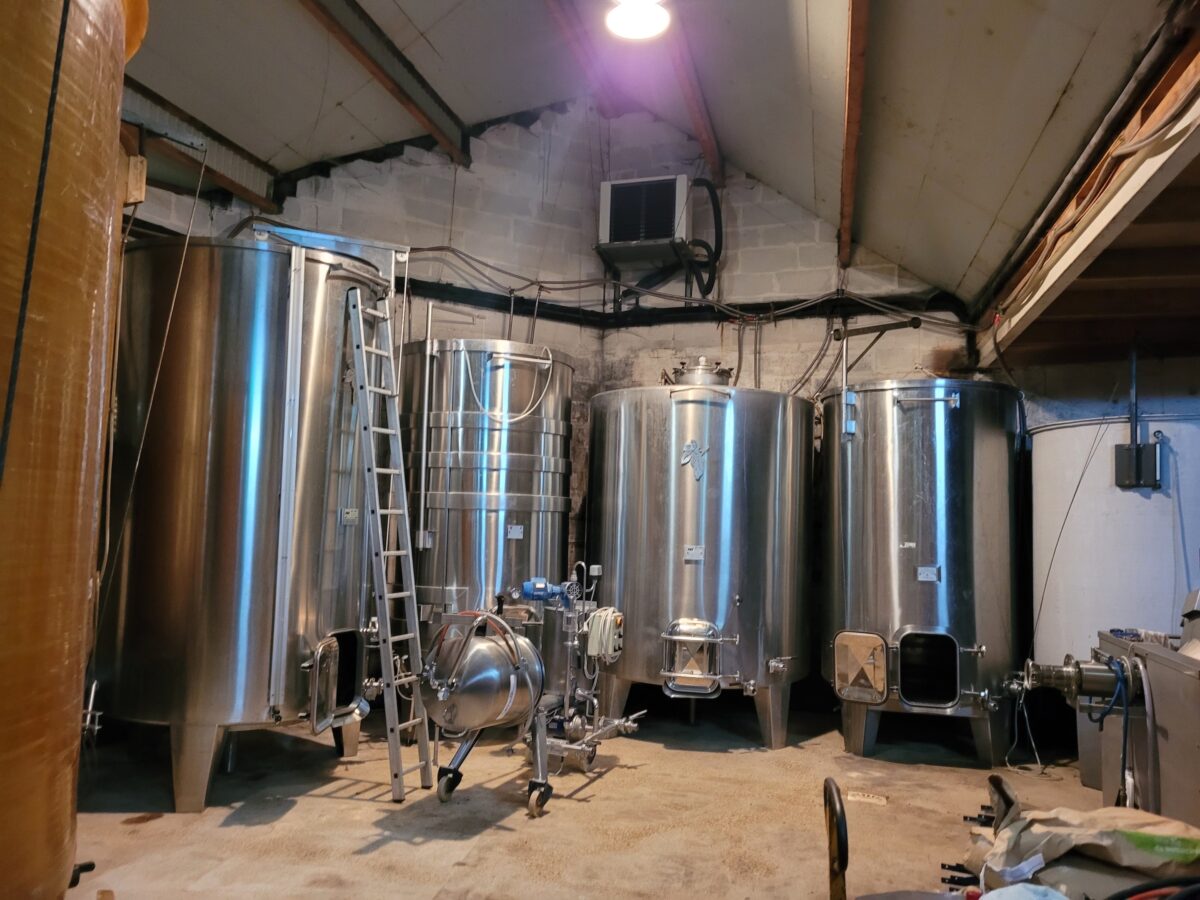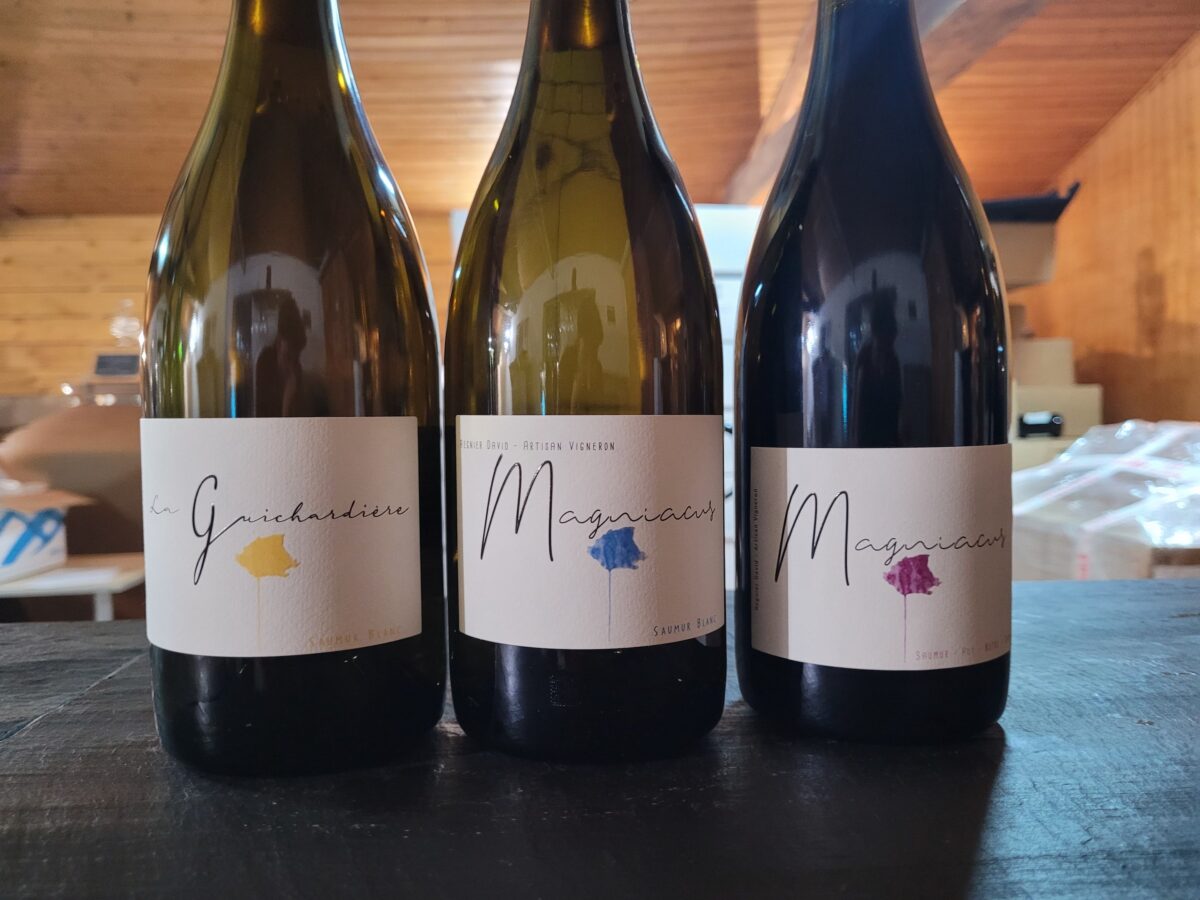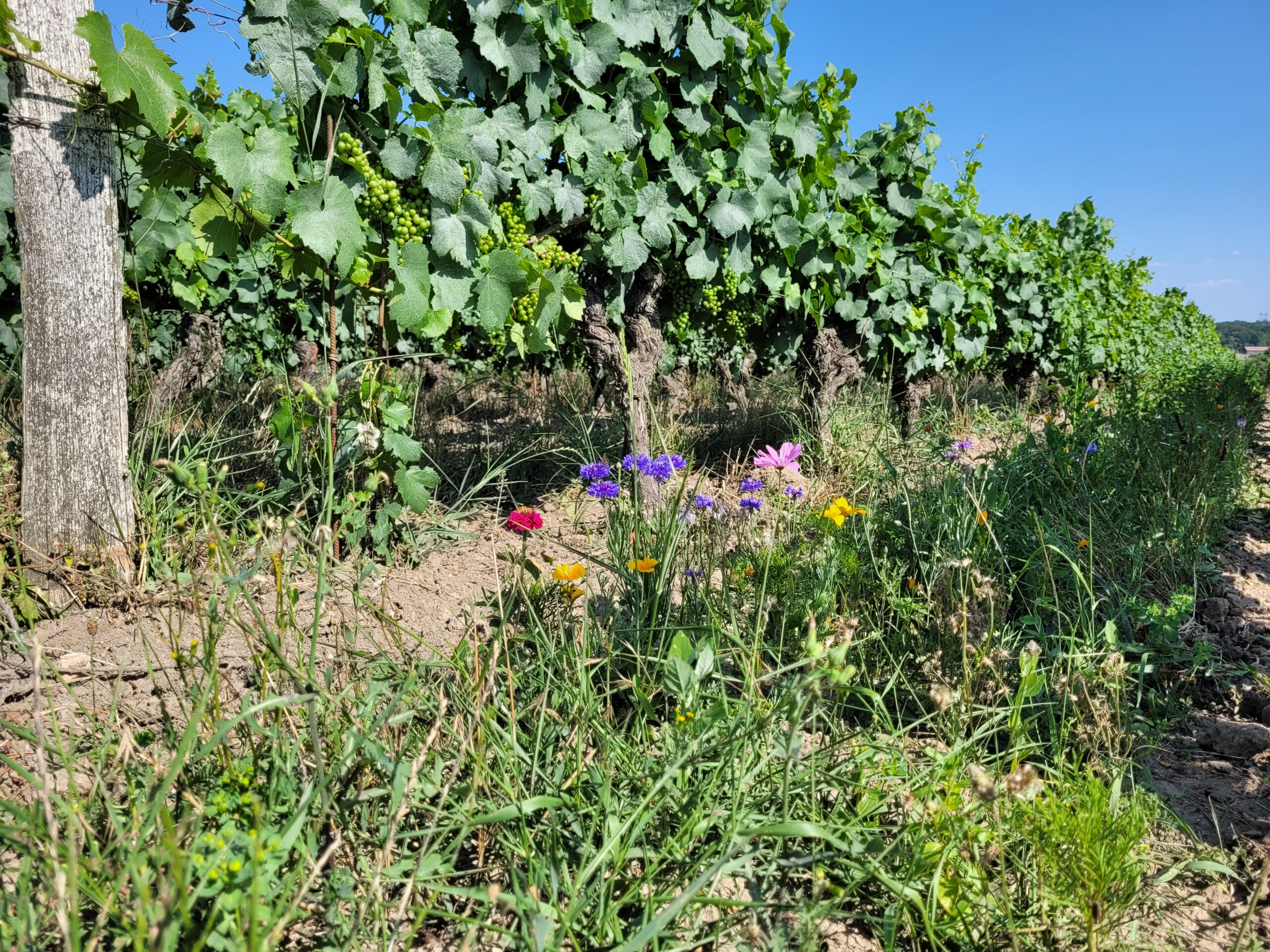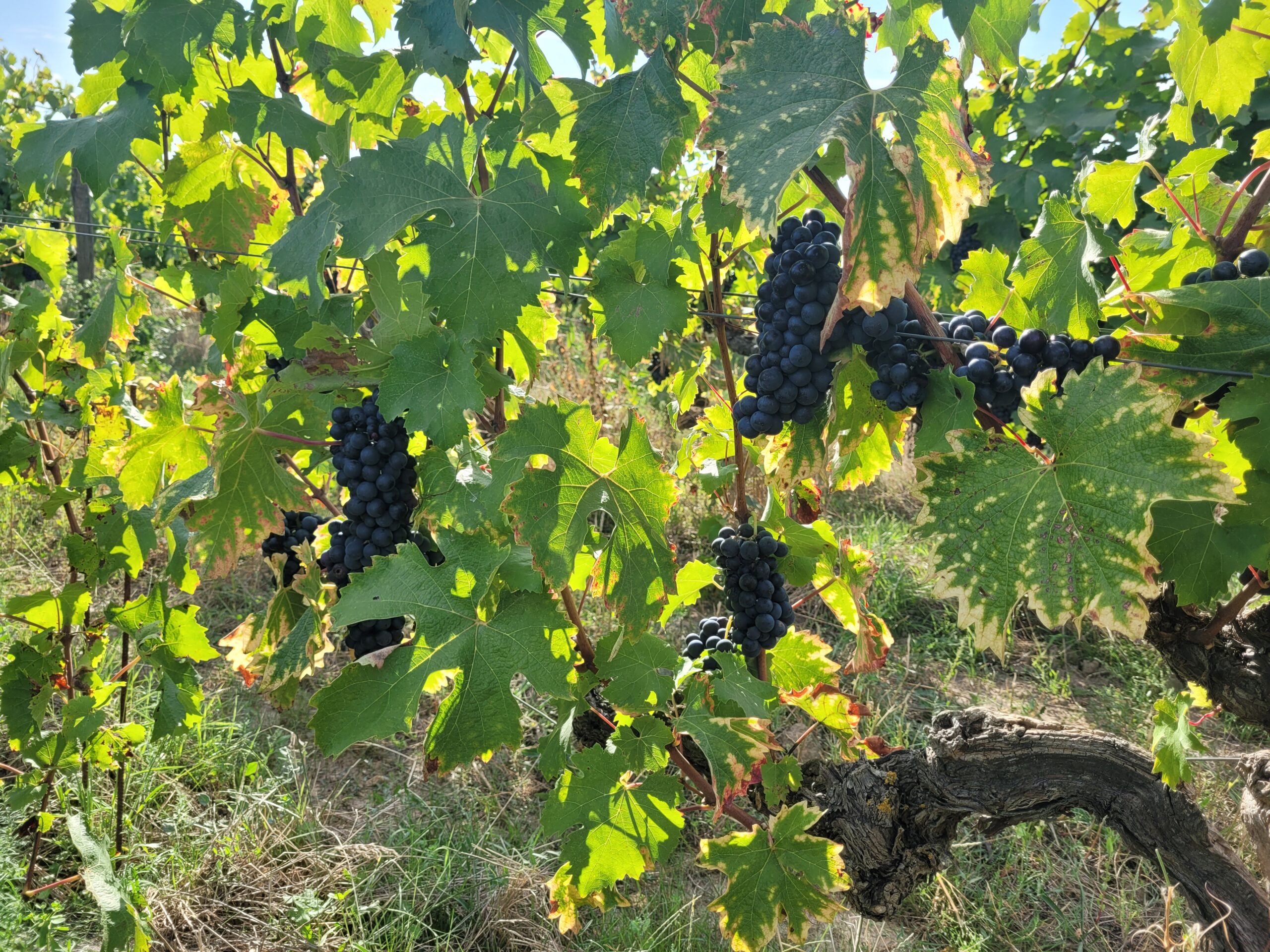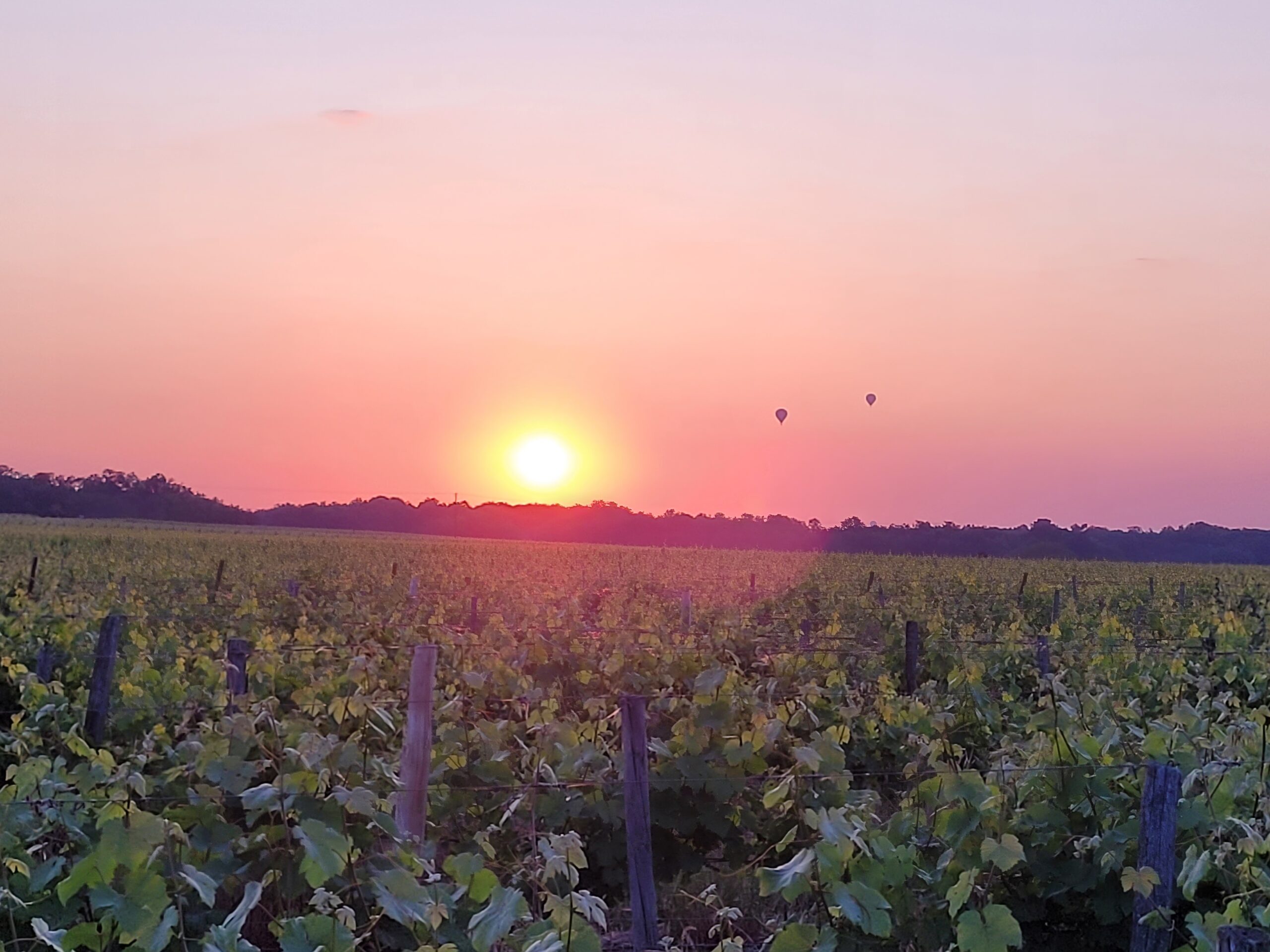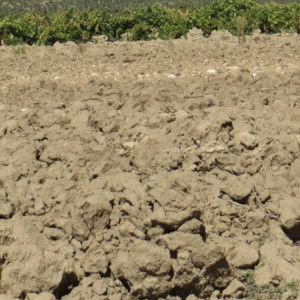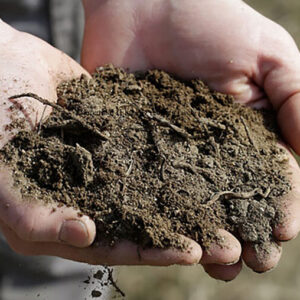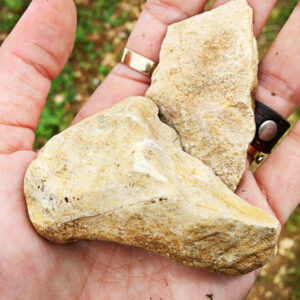“An ambition: respect for the vines, the soil and people.” — Jean-François Regnier
The Regnier-David estate
The Régnier family has been established in Meigné-sous-Doué since at least the Revolution. I found a certain Urbain Rainier (the current spelling dates from 1820) in the municipal archives! underlines Maurice Régnier, who created the family winery more than 60 years ago on an agricultural structure that was already producing wine. Very concerned about respecting the soil and the environment, Maurice Régnier and his wife Monique David wanted to direct their estate from 1973 towards less treatment, more attention to the natural cycle of the vine: a pioneering approach which may seem original to neighborhood at the time! The conversion to organic was launched in 1994 and the bottles could finally bear the label of the label in 1997. Today, Jean-François, their son, works in non-certified biodynamics and maintains this concern for a deep understanding of the vine and the terroir inspired by his ancestors.
Jean-François Regnier
Jean-François developed a passion for working the vines from childhood and accompanied his parents as soon as he could in the rows and on the machines. After a viticulture/oenology BTS at the Lycée Edgard Pisani in Montreuil-Bellay, he wanted to take over from his father, who retired in 1999. He officially settled in in 2002. He started new Saumur cuvées and above all created his own wines by practicing parcel vinification while his parents were assembling their harvest. He currently manages the estate with 3 year-round employees and seasonal workers. In 2005, he began to age Chenins in barrels and then in 2017, he acquired sandstone jars to diversify his winemaking methods.
The vineyard is “a living, autonomous and diversified organism”.
The estate comprises 16 cultivated hectares, half of the vines in place being over 60 years old. They are spread over 5 hectares in the commune of Forges in the Appellation d’Origine Contrôlée Saumur area and 2.5 hectares in Les Ulmes and the other plots in the commune of Meigné-sous-Doué under the AOC Saumur Puy-Notre- Lady. Clay-limestone and clay-loamy soils, “which give more freshness and minerality to the grapes than other soils such as shale for example.”
9 different grape varieties are grown on the estate: chenin, chardonnay, sauvignon, cabernet franc, cabernet sauvignon, gamay, grolleau noir, grolleau gris and pineau d’Aunis. A diversity also chosen in order to diversify the result of the wines each year.
Honey flowers in the vines to attract insects and promote the diversity of yeasts, green manures, earthworm juice… All the care given to the vines is done with respect for nature and following the latest innovative research and conclusive.
In the cellar
“Agrobiology is for us a way of extracting from each terroir its typicality and its natural richness.”
From the cultivation of the vines, to the vinification and the sale of the cuvées, everything is done at the estate. Breeding is done without input. The real taste of wine, without artifice! It is only at bottling that a little sulphites are added. The wines undergo gentle vinification. With the exception of the crémant, the wine is vinified on the plot, which gives the 17 wines produced at the estate a character and an authentic originality which allows us to have a very diversified clientele. Stainless steel vats, barrels and sandstone jars also make it possible to vary the aging period of each wine, which can go up to 18 months.
A philosophy of innovation
On land that has not received insecticides for more than 40 years, and constantly questioning the work of the winegrower and the vine, Jean-François Régnier frequently participates in new projects for the development of wine specifications. or techniques that aim to improve the relationship of the winemaker to his vineyard and produce wines suitable for all palates. In his practice, he very regularly anticipates the reactions of the wine, he dialogues with the vines… “I like to experiment, to try to get the best out of the vineyard and to renew and develop my practices. The climate and our environment are constantly changing, the winemaker must adapt to these variations.”
